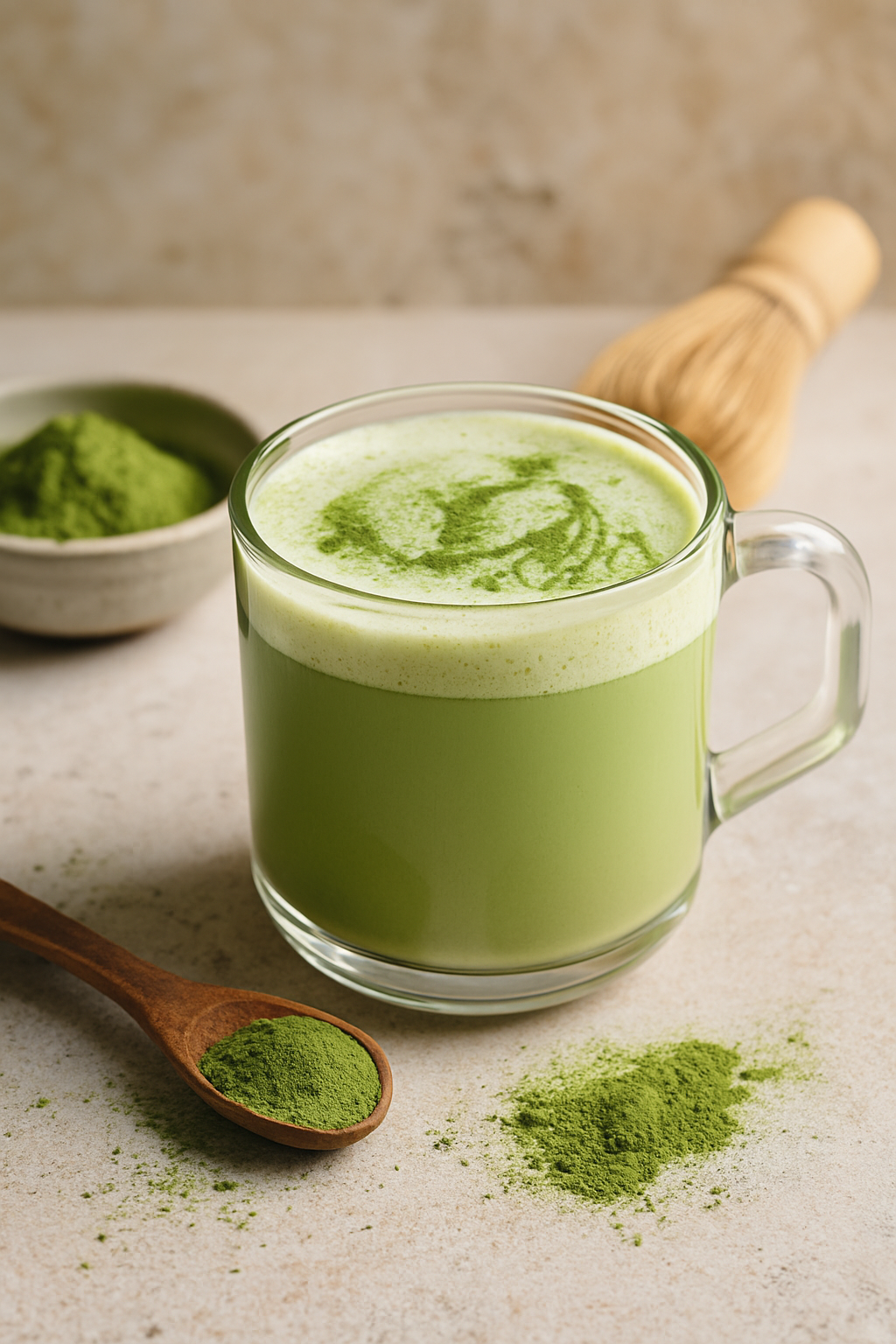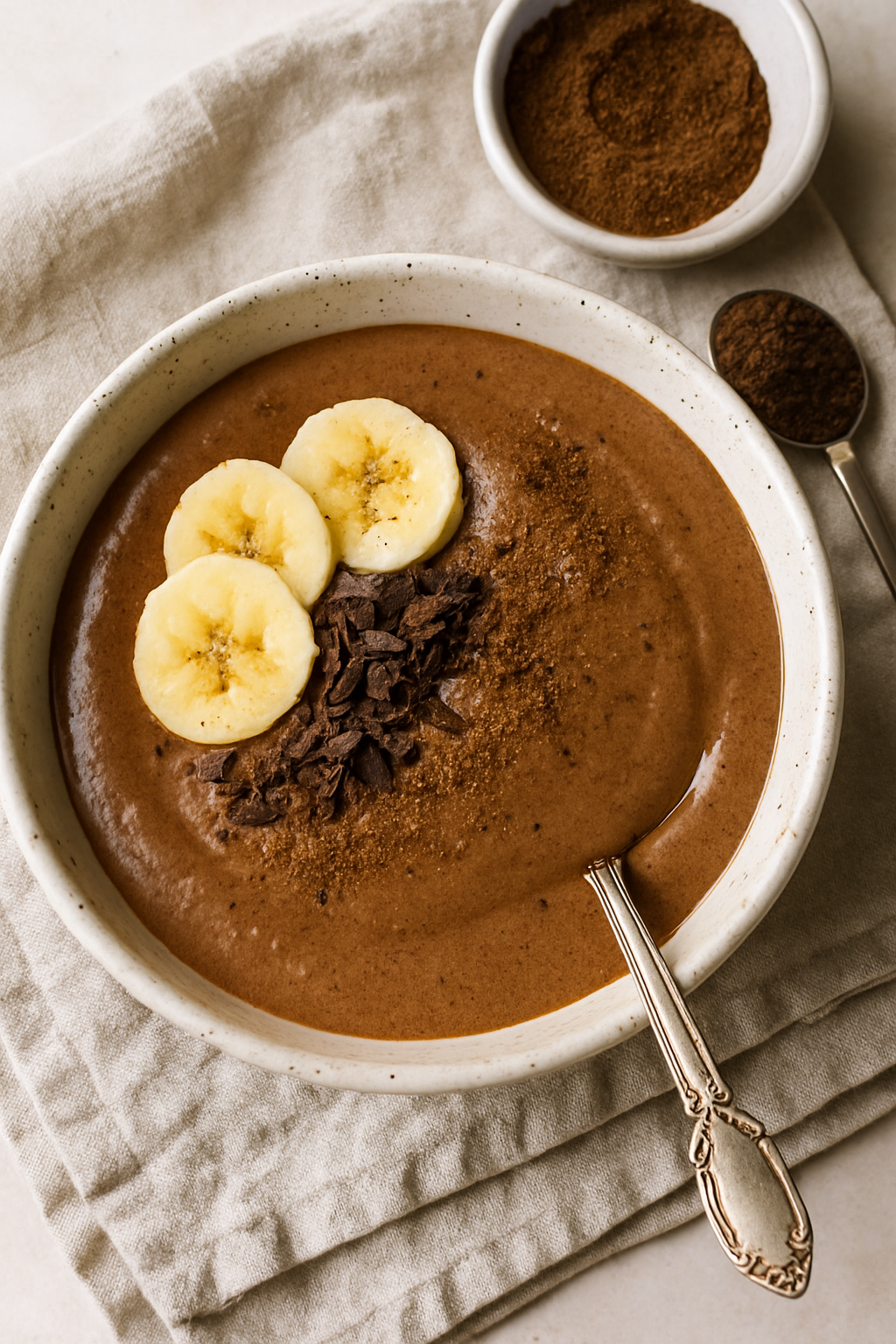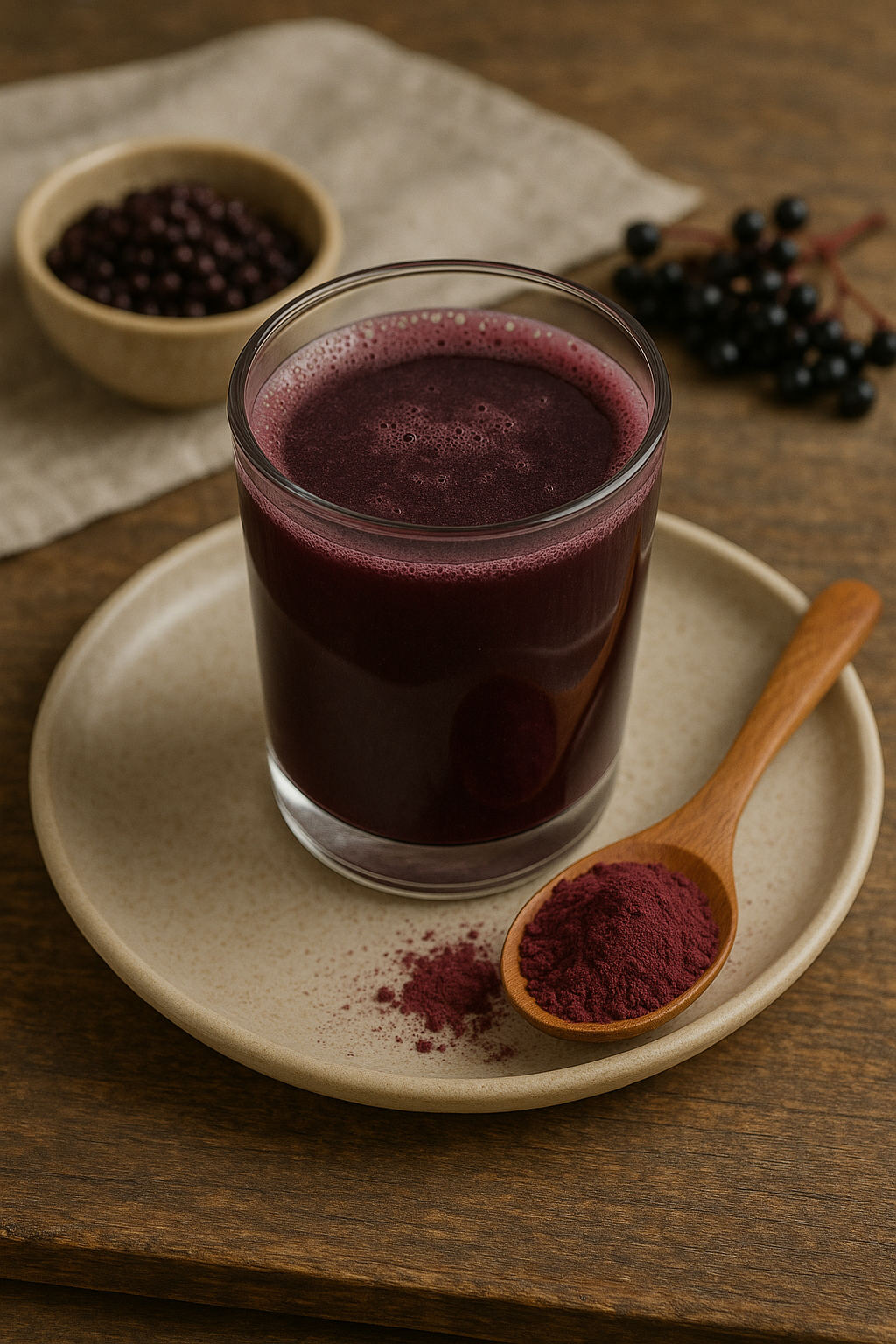Matcha has transcended to be more than just a vibrant green tea powder from Japan. It has become a daily ritual for many health-conscious individuals around the world. Whether it's whisked into warm water, blended into smoothies, or added to lattes, matcha is more than just a trendy beverage, it's a concentrated source of nutrients and antioxidants that offer a powerful natural defense against inflammation.
But is matcha truly anti-inflammatory? Many are asking this question as they turn toward natural supplements and health boosting foods in search of long-term wellness. Let’s explore what science and tradition say about matcha’s potential to support your health from the inside out.
What Exactly Is Matcha, and Why Is It So Special?
Matcha is a finely ground powder made from specially grown green tea leaves, traditionally cultivated in Japan. Unlike regular green tea, where leaves are steeped and discarded, matcha allows you to consume the entire leaf, meaning you get all the nutritional goodness in every sip.
Rich in vibrant green chlorophyll, matcha is loaded with catechins (especially epigallocatechin gallate, or EGCG), amino acids like L-theanine, and a full spectrum of vitamins and minerals. Because of this dense nutritional profile, matcha is often used as a natural supplement and consumed in juice-like beverages or smoothies for convenience and versatility.
From a health perspective, matcha is more than just a tea…it’s an extract with concentrated benefits, cultivated with care in Japan’s centuries-old tea farms, where organic growing practices help preserve its purity and nutritional value.
Inflammation: What It Is and Why It Matters
Before diving into the anti-inflammatory potential of matcha, it helps to understand what inflammation is and why it matters. Inflammation is the body's natural defense mechanism, designed to fight off infections and heal injuries. But when inflammation becomes chronic (due to stress, poor diet, environmental toxins, or underlying health conditions) it can contribute to a wide range of diseases. From heart issues and autoimmune disorders to digestive problems and even mental health challenges.
Managing chronic inflammation is one of the keys to maintaining long-term wellness. And that’s where matcha may have a meaningful role.
So, Is Matcha Anti-Inflammatory?
The short answer: yes, matcha shows strong potential as a natural anti-inflammatory agent, and the research backs it up.
Matcha is rich in antioxidants, particularly EGCG, one of the most powerful plant compounds studied for its anti-inflammatory effects. Antioxidants like EGCG work by neutralizing free radicals in the body which are unstable molecules that contribute to oxidative stress and inflammation. When left unchecked, oxidative stress can damage cells, tissues, and organs, setting the stage for chronic disease.
Several scientific studies have explored green tea’s ability to reduce inflammation, and since matcha contains significantly higher levels of catechins than regular green tea, it may offer even greater benefits. For example, research has shown that EGCG can reduce inflammatory markers like CRP (C-reactive protein) and interleukins, which are often elevated in individuals with chronic inflammation.
In essence, matcha provides a natural, nutrient-rich way to help the body fight back against inflammation without synthetic additives or chemicals. It’s nature’s own supplement, grown from the earth and deeply rooted in Japanese nutrition and tradition.
Matcha as a Daily Health Supplement
Adding matcha to your daily routine is one of the simplest and most enjoyable ways to support your health. It offers a smooth, sustained energy boost thanks to the combination of caffeine and L-theanine, without the jittery crash of coffee. Plus, it supports mental clarity, focus, and calm, which are essential for reducing the stress that often contributes to inflammation.
Many people use matcha as a juice-like health tonic, mixing it into plant-based milk, smoothies, or even fresh juice for a delicious and functional beverage. When shopping for matcha, choosing organic is essential. Organic matcha ensures you're avoiding harmful pesticides and maximizing the natural benefits of this powerful green powder. My favorite matcha powder is Unleash’d Organic’s Organic Matcha Powder. Unleash’d offers USDA certified 100% organic matcha, which is important because matcha copycats are pretty common in super markets.
High-quality matcha comes directly from Japan and is especially prized for its purity, vibrant color, and rich nutritional profile. So it’s especially important to check the label before you buy. When you get the real thing, it’s not just tea, it’s a whole-body supplement that works in harmony with your lifestyle.
A Deeper Connection to Japanese Culture and Nutrition
In Japan, matcha isn’t just consumed it’s celebrated. The centuries old tea ceremony honors the spiritual and meditative aspects of drinking matcha, and this cultural reverence speaks to its respected place in Japanese wellness practices.
Japanese-grown matcha is held to the highest standards, with careful shading, hand-harvesting, and stone-grinding techniques that preserve its natural nutrients. This attention to detail is what makes Japanese matcha one of the most nutritious green tea extracts available, and a trusted choice for those seeking authentic, organic wellness support.
Other Benefits Beyond Inflammation
While the anti-inflammatory potential is impressive on its own, matcha brings a host of other benefits to the table. Studies suggest it may support metabolism and aid in weight management, thanks to its thermogenic properties. It also improves cognitive function and supports cardiovascular health, making it a well-rounded addition to your diet.
Whether you’re looking to boost your energy, improve your focus, or simply nourish your body with more antioxidants, matcha offers a clean and natural solution.
How to Use Matcha Safely and Effectively
Incorporating matcha into your routine is easy, just whisk a teaspoon into hot (not boiling) water, blend it into your morning smoothie, or mix it into a juice or plant-based latte. To get the most benefit, choose high-quality, organic matcha from trusted sources.
While matcha is generally safe, it’s also potent. Stick to 1–2 servings per day, especially if you’re sensitive to caffeine. If you’re taking medications or have health conditions, it’s wise to consult your doctor before adding matcha or any new supplement to your regimen.
The Bottom Line
So, is matcha anti-inflammatory? The evidence says yes. Thanks to its rich concentration of natural antioxidants, particularly EGCG, matcha offers a compelling, organic way to help the body manage inflammation and support overall health.
Whether you're seeking a clean energy source, a mental boost, or a daily supplement to promote long-term wellness, matcha stands out as a smart and powerful choice. Matcha is a natural extract with deep roots in Japanese culture and a nutritional powerhouse for modern life.
If you’re ready to experience the health benefits of matcha for yourself, check out Unleash’d Organic’s Organic Matcha Powder. It’s sourced from Japan, crafted for your lifestyle, and designed to help you thrive.




Leave a comment
This site is protected by hCaptcha and the hCaptcha Privacy Policy and Terms of Service apply.